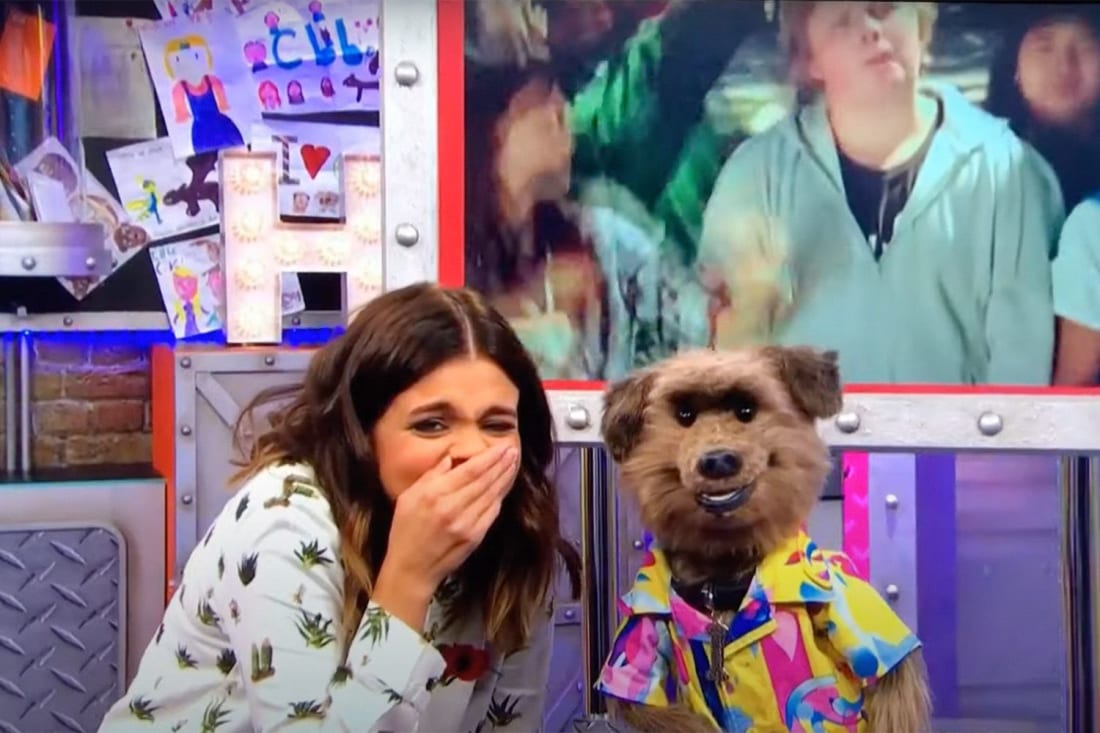Saltburn says bromance is back
Within a murky psychological thriller, Barry Keoghan and Jacob Elordi occasionally portray levels of male friendship the screen is often too shy to reveal
Within a murky psychological thriller, Barry Keoghan and Jacob Elordi occasionally portray levels of male friendship the screen is often too shy to reveal
You love the lads. You love the banter in the showers, the towel whips, the borrowing deodorant because you forgot yours, the compliments dedicated to specific muscles on your body when you’re getting changed. And you love your best mate especially. The nights out where you inexplicably walk home holding hands, arms around shoulders, mumbling that you love each other. You love waking up in the same bed in your pants laughing about why the hell the drink made you do that. Taking it in turns to take showers and then get dressed, offering comments on each other’s style, and heading out for a coffee, a fry-up, and a debrief.
These tender moments of male homosociality (as in male friendships) that often show behaviours which border on homoeroticism, seem to get lost in the media machine of masculinity’s crisis. Instead of showing platonic and soft ideas, male same-sex interaction is forced into being a commentary on sexuality when present, and oftentimes it's not present at all. Examples that actually get it right and come close often involve Jonah Hill, strangely: Superbad, 21 Jump Street and its sequel. Outside of the Hill universe, there’s also Step Brothers. You can make a case for Shaun of the Dead and Once Upon a Time in Hollywood too, but these aren’t really on the same intimate, bordering homoerotic level. Instead many societal discussions on malehood focus on giving the dramatic, extreme issues within masculinity the spotlight. And this focus - on anger, violence, substance misuse and misogyny - might be important thematically, but it isn’t really trying to answer the concerns; let alone highlight the good, vulnerable, intimate connections that guys can have. But there’s glimmers of this changing.
Saltburn is far from a perfect example of how to behave. As per Emerald Fennell’s debut film, Promising Young Woman, which is about a woman trying to avenge her dead friend’s college rape, this film is an indictment of problematic behaviours more than anything else. The toxic guy is the main character Felix, played by barefoot king and actor of toxic men, Jacob Elordi. But there’s also glimpses into the lesser represented world of bromances here too.
You can take your pick of these from the film. The first is Barry Keoghan’s character - Oliver - lending Elordi's - Feliz - his bike so that he doesn’t miss class. From there, often, these intimate and vulnerable displays of care are through the prism of Felix helping Oliver to fit in due to class discrepancies. For example, Felix casually but discreetly lending Oliver money, showing him how his family grieve, and ensuring he has a dress coat in the wardrobe of the spare room he’s letting Oliver spend the summer in. And yes, there is full on homoerotic behaviour at points, but for the most part, we’re also able to view a display of genuinely straight-coded male friendship in all its glory.
At a time where masculinity is stuck between being traditional, stoic, and aggressive; or progressive, communicative, and expressive, much of the media tends to focus on the extremes at either side. What’s often missed is that, actually, there is intimacy and vulnerability in most male friendships . People who call themselves alpha will tell their bro they love them. They will hug when the moment calls for it.
By showing male vulnerability on screen, and feeling the warmth of it vicariously, the gilm projects the idea that these aspects of our relationships should be encouraged. Vulnerability is the willingness to show emotion, or to allow weaknesses to be seen. Doing so is known to be very important within human relationships. The University of Michigan’s counselling services for men has documented that being vulnerable “strengthens relationships, improves mental health, and improves quality of life.” Being vulnerable also allows you to find support from other people, and we’re all too familiar with the consensus that men don’t talk, and that this is damaging. A variety of mental health charities and services stress this importance. Movember, which focuses on male therapy and communication, has an entire article dedicated to showing why men should talk.
And don’t worry, shady and outright toxic behaviour leaves a very different taste in our mouths, men are not going to suddenly take the sour, more blatantly fucked up character traits of Felix onboard – if anything we’ll learn not to, given the overall tone of the film as directed to us through Emerald Fennell’s lens. But what we can take away (positively) are the wonderful moments of male friendship.
Saltburn is out in the UK on 17 November



